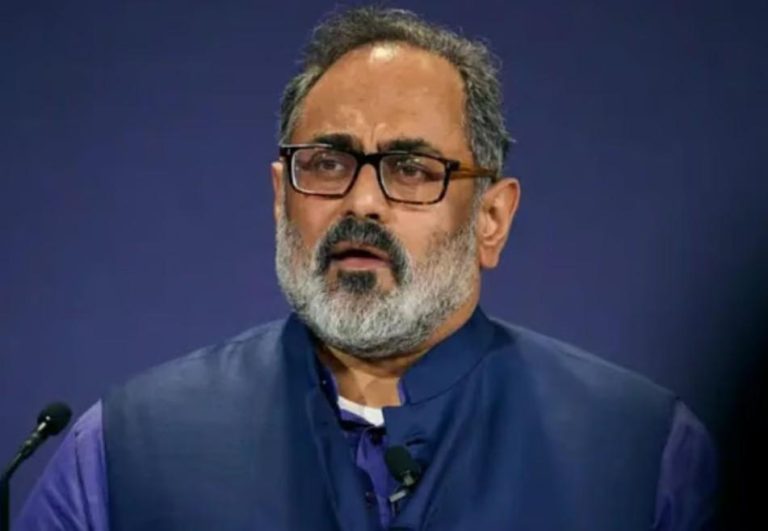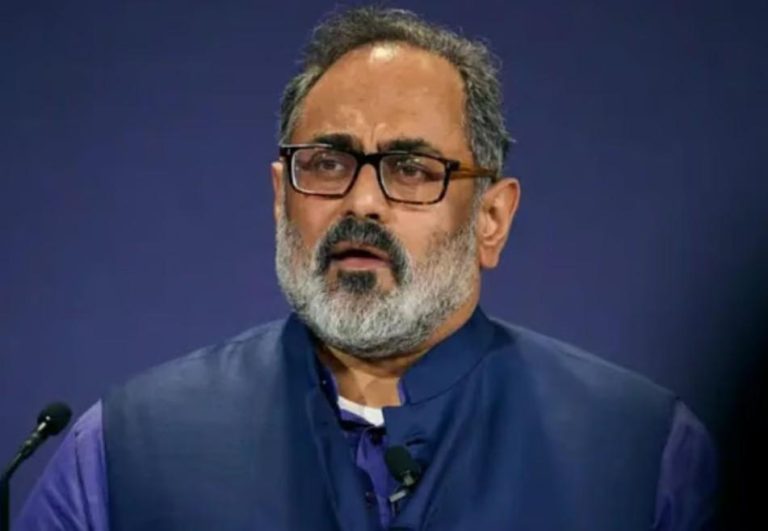
Indian National Jailed for 4 Years in Sri Lanka for Match-Fixing
Cricket, a sport loved by millions around the world, has long been plagued by the scourge of match-fixing. The practice, where players intentionally influence the outcome of a match for personal gain, has tarnished the integrity of the game and led to the downfall of many careers. Recently, an Indian national was sentenced to four years in prison for match-fixing in Sri Lanka’s 2024 Legends League T20 tournament, a stark reminder of the severity of the issue.
Yogi Patel, the 42-year-old Indian national, was found guilty of proposing to fix matches in the tournament and was sentenced to hard labor by a Sri Lankan court. In addition to the four-year prison term, Patel was also fined a staggering SLR 85 million (approximately USD 450,000). Furthermore, he was ordered to pay SLR 2 million (approximately USD 10,000) to Upul Tharanga, the chairman of Sri Lanka selectors, for defamation.
According to reports, Patel was accused of making a proposal to fix a match during the 2024 Legends League T20 tournament, which was held in Sri Lanka. The allegations were investigated by the Sri Lankan cricket board, and Patel was subsequently arrested and charged with match-fixing.
The incident has sent shockwaves through the cricketing community, with many calling for stricter measures to combat match-fixing. The Sri Lankan cricket board has been praised for its swift and decisive action in investigating and prosecuting the case, and its efforts to maintain the integrity of the game.
Match-fixing is a serious issue that has plagued cricket for decades. The practice is often linked to organized crime syndicates, who use the sport as a means of laundering money and furthering their illegal activities. In recent years, several high-profile cricketers have been implicated in match-fixing scandals, leading to suspensions, fines, and even criminal charges.
The consequences of match-fixing can be severe, not only for the individual players involved but also for the sport as a whole. When players are found to have engaged in match-fixing, it can damage the reputation of the team, the league, and the sport itself. Fans lose trust in the game, and the integrity of the competition is compromised.
In recent years, cricketing authorities have taken steps to combat match-fixing. The International Cricket Council (ICC) has established a dedicated anti-corruption unit, which works to detect and prevent corrupt activity in the sport. The unit has been successful in detecting and prosecuting several match-fixing cases, and has helped to maintain the integrity of the game.
However, despite these efforts, match-fixing remains a significant problem in cricket. The ease with which players can be tempted to engage in match-fixing, often due to financial pressures or other external factors, means that the issue will likely persist until a more comprehensive solution is found.
The sentencing of Yogi Patel to four years in prison serves as a stark reminder of the consequences of match-fixing. The punishment is a significant deterrent to other players who may be tempted to engage in similar behavior, and serves as a warning to those who would seek to compromise the integrity of the game.
In conclusion, the case of Yogi Patel serves as a timely reminder of the importance of maintaining the integrity of cricket. The sentencing of Patel to four years in prison is a significant deterrent to match-fixing, and serves as a warning to those who would seek to compromise the sport. Cricketing authorities must continue to work together to detect and prevent corrupt activity, and to ensure that the game remains a force for good in the lives of millions of fans around the world.
Source:






